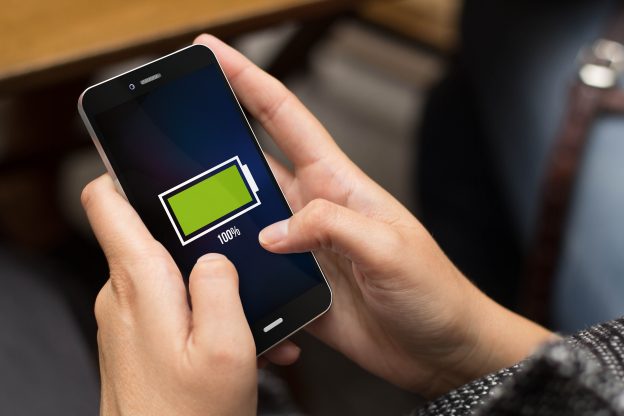
Lithium-air batteries, which produce a current flow via the oxidation of lithium at the anode and the reduction of oxygen at the cathode, has emerged as one of several promising battery technologies in the recent period. Compared with lithium-ion batteries that are now mainstream, lithium-air batteries are lighter in weight, less costly to manufacture, and significantly higher in energy density. A team composed of members from three South Korean research institutions has just unveiled a new lithium-air battery that is for electric vehicles (EV) and offers 1,000 kilometers in driving range for a single charge. If this battery does become available in the market, then EVs in Taiwan can make a round trip from Taipei to Kaohsiung without stopping at a charging station.
The team consists of members from the following institutions: the Ulsan National Institute of Science and Technology (UNIST), the Korea Institute of Science and Technology, and the Samsung Advanced Institute of Technology. The lithium-air battery cell that the team has developed uses a new ceramic perovskite as a solid-state electrolyte. This material enhances durability of the lithium-air battery. As a result, the cell devised by the research team has a cycle life that is 10 times longer compared with other lithium-air battery cells.
The biggest barrier that prevents the commercialization of lithium-air batteries is the relatively short cycle life. Lithium-air batteries draw in the ambient air to initiate the oxidation and reduction at the electrodes. However, the active oxygen that is produced during the charge/discharge cycles has a corrosive effect on battery components. At the same time, the aqueous organic electrolyte that is prevalently used in this type of battery is highly unstable and can degrade quickly. All of these factors have a significant impact on the operational lifespan.
To resolve the durability issue, the Korean team searched for new electrolyte materials with the assistance of a supercomputer. Eventually, the quantum physics modeling provided by the supercomputer synthesized a ceramic perovskite that can serve as a solid-state electrolyte. The team claims that replacing the existing aqueous electrolyte with this material can increase the cycle life of lithium-air batteries by 10 folds to 100 charge/discharge cycles at minimum.
The team believes that its new battery technology can store 10 times as much energy as the conventional lithium-ion batteries that are now powering smartphones, laptop computers and EVs.
The ceramic perovskite that is created with the help of the supercomputer belongs to a new class of ionic-electronic conductors. Ceramic materials generally conduct ions well but electrons poorly. However, the material that the Korean team has created enables high conductivity for both lithium ions and electrons. Seo Dong-hwa, a professor at UNIST and a member of the team, said that this material not only opens up a new path for designing lithium-air batteries but is also applicable in the development of other battery technologies.
(Image credit: UNIST.)







